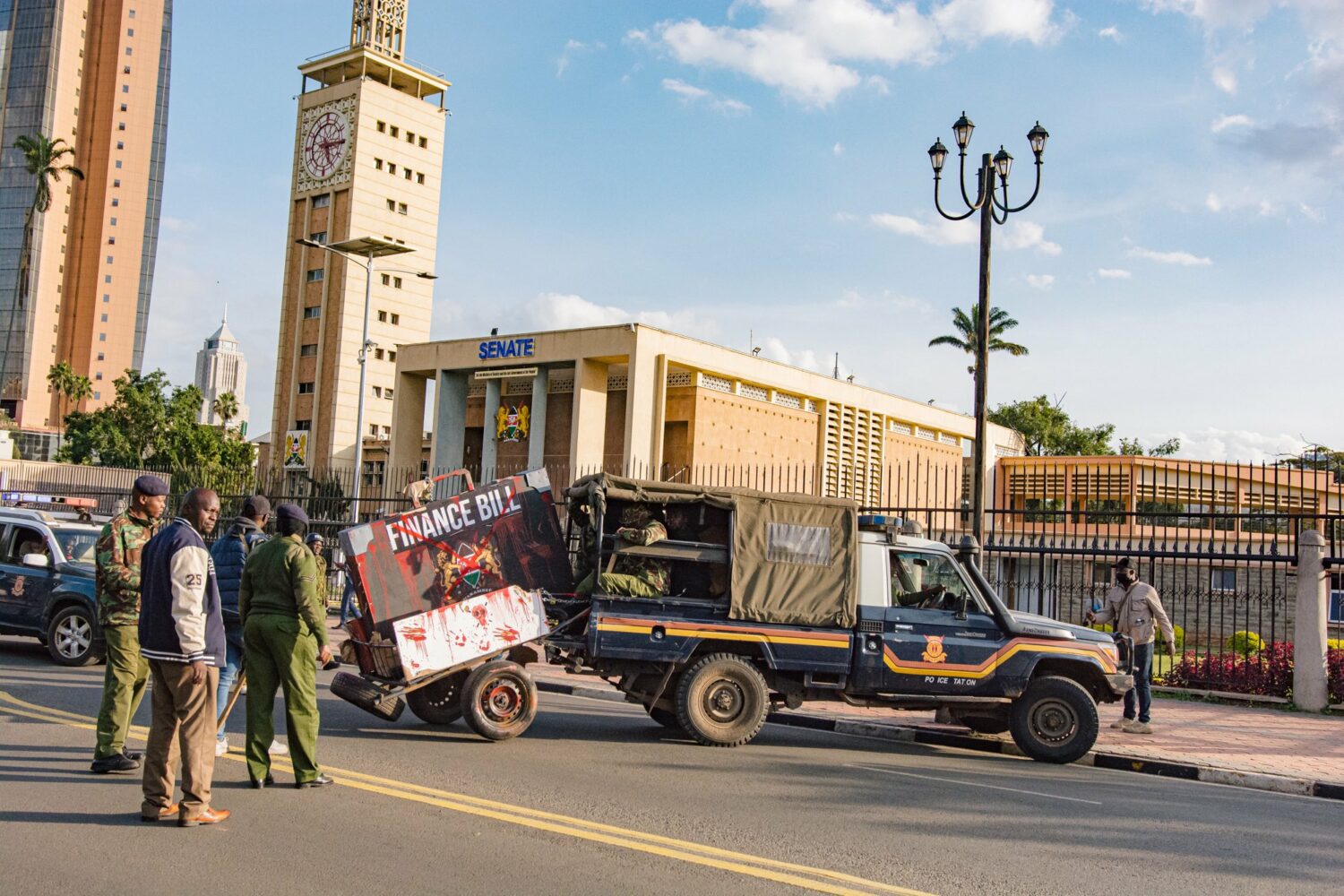Governor Wajir Raises Concerns Over Violent Protests
Wajir Governor Ahmed Abdullahi has voiced serious concerns about the violent developments during Monday’s Sabasaba protests, highlighting a troubling trend that he believes is undermining national unity. The governor, who also serves as the chair of the Council of Governors, expressed his deep disappointment over the chaos, loss of life, and destruction witnessed across the country, particularly in Nairobi.
During the launch of the county bursary programme in Wajir town on Tuesday, Abdullahi remarked on the severity of the events, stating, “We have not seen a commemoration of Saba Saba as bloody as the one of yesterday.” He emphasized that the 1988 Saba Saba protests were part of the second liberation, which eventually led to the 2010 Constitution and the establishment of devolution. In contrast, this year’s events, he said, have taken the nation backward.
Tolong support kita ya,
Cukup klik ini aja: https://indonesiacrowd.com/support-bonus/
The protests were marked by intense clashes between demonstrators and law enforcement, resulting in fatalities and significant property damage. Many businesses in affected areas remained closed, and security roadblocks were set up on major roads. However, the North Eastern region, where Wajir is located, remained relatively calm.
Governor Abdullahi questioned whether the protests, often attributed to frustrated Gen Z youth, truly represented the voice of the younger generation or if they were being manipulated by political figures for ethnic or personal gain. “We are told these are Gen Z demonstrations,” he said. “From where I stand, I believe there’s more to it than just a disgruntled youth population. I see ethnic, toxic politics at play.”
He warned against the dangers of framing national leadership through an ethnic lens, cautioning that such divisions could lead to further instability. “If we create the impression that Kenya can only be peaceful when led by people from certain regions, we are setting ourselves on a dangerous path,” Abdullahi cautioned.
While acknowledging the legitimate frustrations among young Kenyans due to limited economic opportunities, the governor questioned the effectiveness of violent protests in addressing their grievances. “I want someone to explain how what happened yesterday solves the youth’s problems,” he said. “We should not incite the youth to burn their country while hiding behind their pain.”
Without naming specific individuals, Abdullahi accused certain politicians of exploiting the unrest under the guise of representing Gen Z. He cited examples of neighboring countries like Somalia and Sudan to highlight the risks of descending into lawlessness driven by ethnic conflict. “We in this region understand the dangers of ethnic hatred. We border Somalia, and we’ve seen what conflict can do,” he said.
Abdullahi urged a return to unity and sober dialogue among leaders and citizens alike, emphasizing the need for a peaceful resolution to growing political tensions. He called for better ways to address national challenges without resorting to violence or the loss of life. His message was clear: the path forward must be built on cooperation, honesty, and a shared commitment to the nation’s future.







